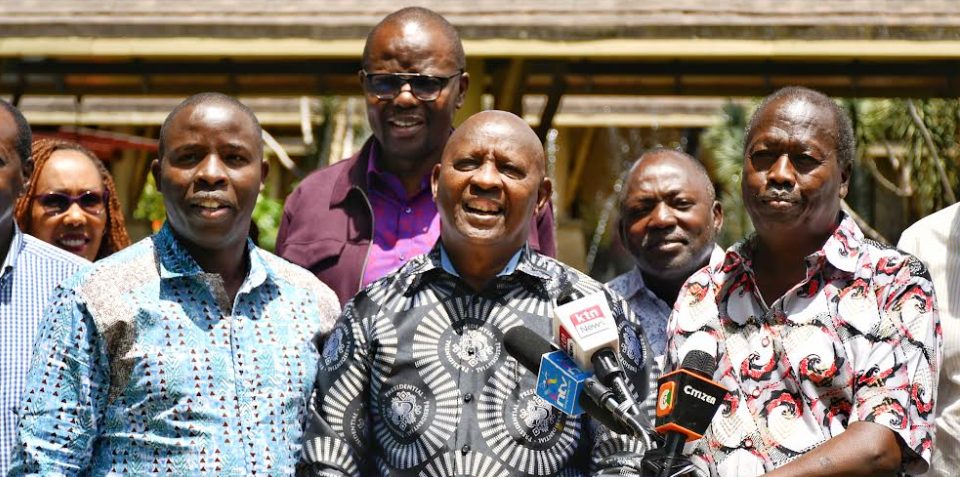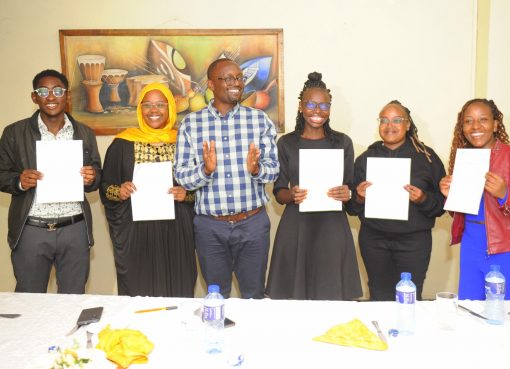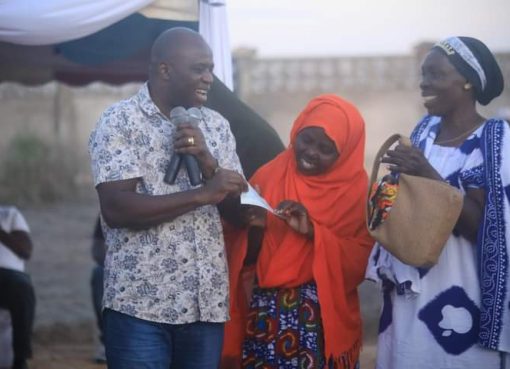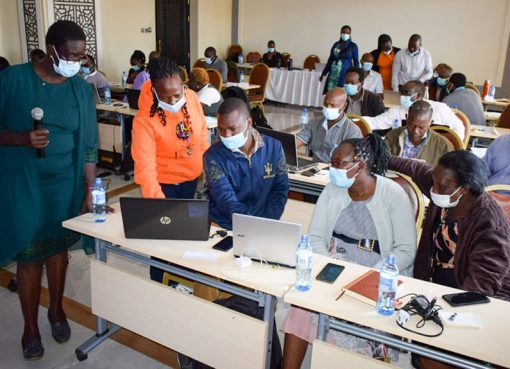The Council of Governors have lauded financial support under the second phase of the Kenya Devolution Support Programme which will address governance issues and bottlenecks in its implementation.
The four-year project being implemented and coordinated under the State Department for Devolution is funded by the World Bank to the tune of Sh19 billion (USD150 Million).
Already, all 47 counties have signed participatory agreements with each county benefiting from Sh34 million (Euro 234,500) every year as an institutional grant as well as millions of shillings in investment grants.
Under the programme, counties are mandated to institute governance reforms and increase their own source of revenue by at least 5 per cent annually to enable counter-funding to the projects.
In addition, counties must put in place measures to expedite payment of ballooning pending bills and wage bills noting that a new human resources’ system has been adopted to that effect.
Under the new integrated performance management, counties will streamline their payroll processes to root out manual processes and ghost workers that have robbed counties of billions of shillings.
The programme also mandates counties to implement the requisite system to enhance public participation and ensure citizens are at the heart of implemented projects.
According to Principal Secretary State Department for Devolution Michael Lenasalon, the funds would enhance the county’s capacity to speed up service delivery to the citizens.
Lenasalon said owing to the financial constraints facing the country, counties must rethink ways to boost their sources of revenues to enable counter-funding.
On his part, Council of Governors Chairperson Abdullahi Ahmed lauded the World Bank for funding the counties to facilitate and champion grassroots-level development.
Ahmed said the programme would help strengthen transparency and fiscal responsibility and address human resources and performance management at the counties.
Speaking in Naivasha during the project launch, the chair however called for timely disbursement of funds to counties noting that the consistent delays continued to affect service delivery to residents.
He lamented that almost a month to the close of the financial year, counties have not received additional funds as appropriated under the County Allocation Act.
Ahmed called for the conjoined County Allocation Act and the County Allocation of Revenue Act to facilitate a seamless disbursement of funds to counties for prompt service delivery.
COG Deputy Vice Chair Mutahi Kahiga called for a return to a fully-fledged Ministry of Devolution to unlock the myriad challenges currently facing the counties.
Mutahi denounced the current plans to review the Constitution to entrench the National Government Constituency Development Fund (NGCDF) noting that the kitty should not fall under MPs.
The Nyeri Governor said MPs should undertake their oversight, legislation and representation mandate and leave the implementation of the NGCDF to either the National or County Governments.
He called on MPs to enhance their oversight mandate on the National Government which remains with a huge chunk of budgetary allocation noting that Governors continued to face scrutiny despite getting only 15 per cent of the National cake.
According to Governor Muthomi Njuki, delayed disbursement of county funds has affected the devolved units’ performance in the implementation of programmes and projects by 50 per cent
Njuki said currently, the Senate has not released the disbursement schedule for the County Allocation of additional revenues to The National Treasury just a month to the close of the financial year.
“The County Allocation Act and County Allocation of Revenue Acts should be joined to unlock the delay in the release of funds to counties, said Njuki.
The Tharaka Nithi Governor said the move would see the country meet one of the key requirements to qualify for funding under the KDSP phase two worth millions of shillings annually in allocating over 5 per cent of their development budget to similar projects under the program.
The programme which comes with the success of phase one aims to enable countries to institute reforms to address ballooning spending budgets and, wage bills and their own sources of revenues.
The second phase builds on the successful implementation of the first KDSP which was implemented from year 2016 to 2021 to the tune of USD 200M by the World Bank to support Counties’ technical and capacity building.
By Erastus Gichohi





